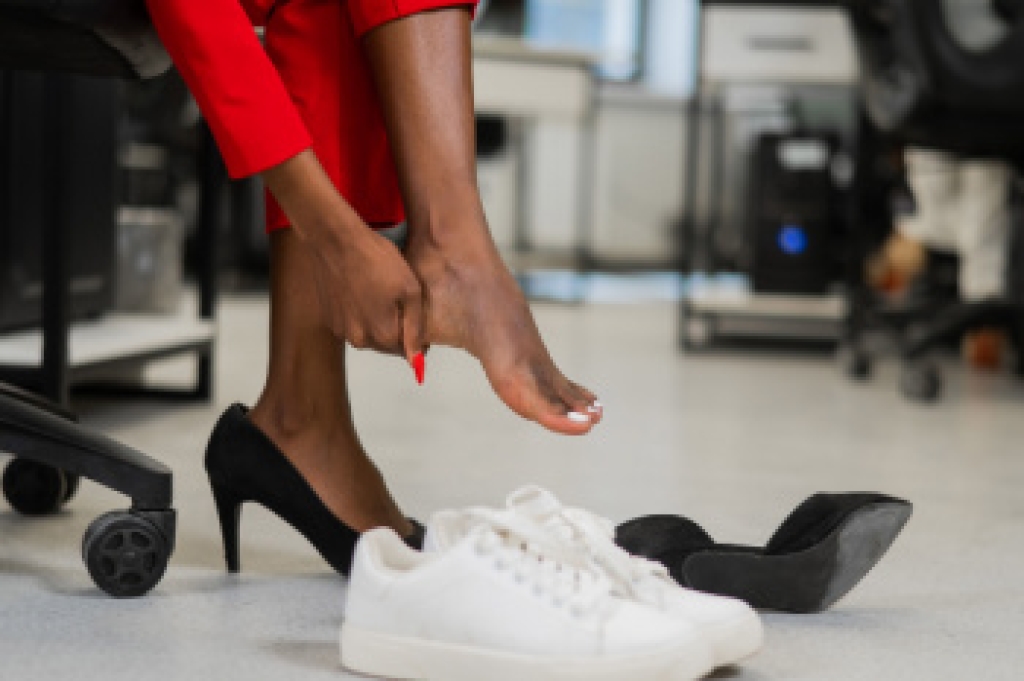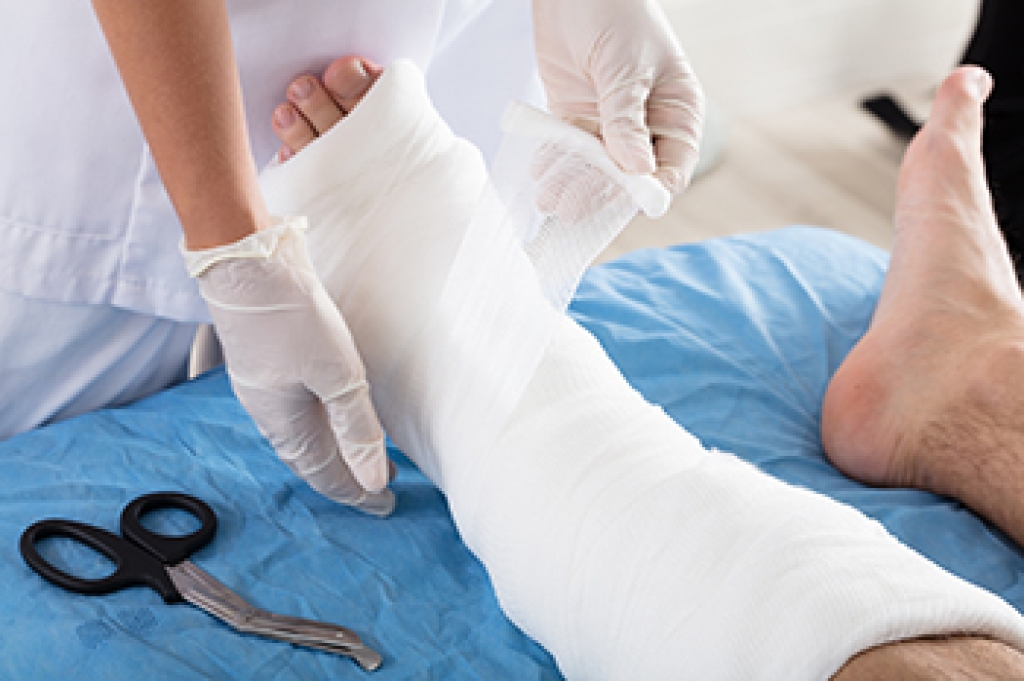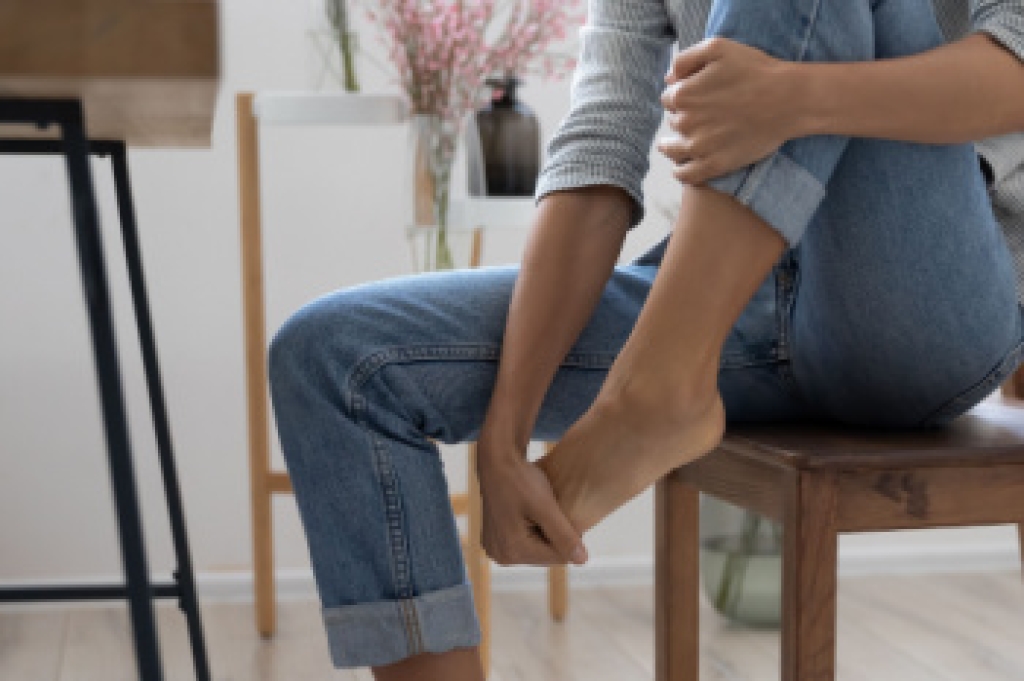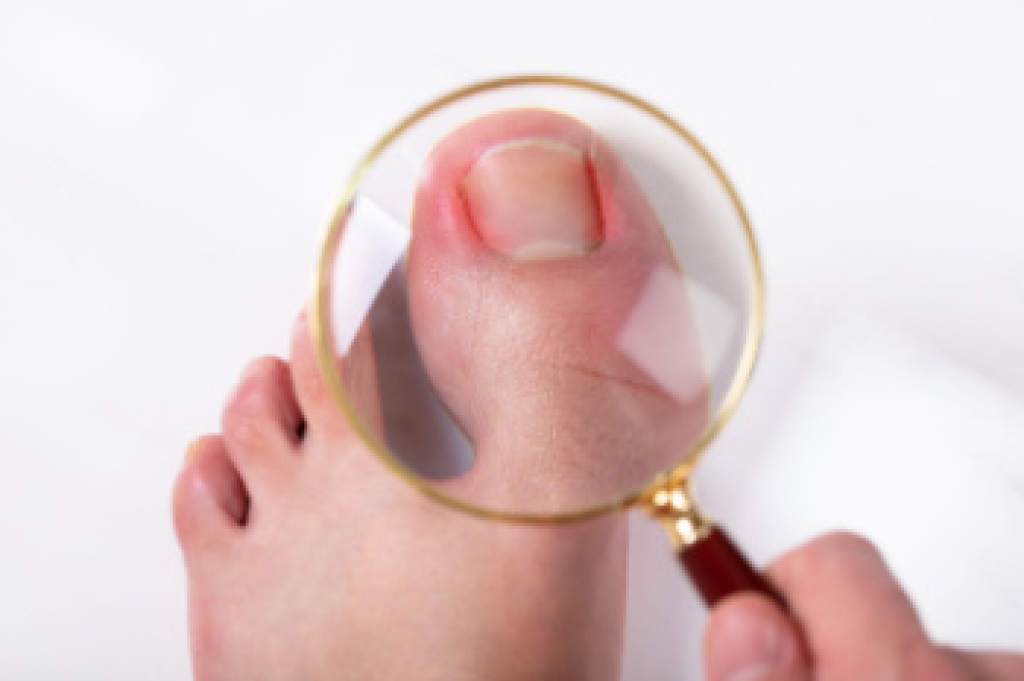
Plantar fasciitis is a common foot condition that causes inflammation of the plantar fascia, the thick band of tissue that runs along the bottom of the foot, connecting the heel to the toes. The main symptom is sharp heel pain, especially when taking the first few steps in the morning or after prolonged periods of sitting. The pain tends to decrease with activity but may return after standing for long periods. Common causes of plantar fasciitis include repetitive strain from activities like running, standing for extended periods, or wearing improper footwear. Other risk factors include obesity, tight calf muscles, and flat feet. To diagnose plantar fasciitis, a doctor will conduct a physical examination and may ask about activity levels and footwear. In some cases, X-rays or an MRI scan may be used to rule out other conditions. Plantar fasciitis can cause severe pain and discomfort. If you have heel pain, it is suggested that you promptly consult a podiatrist who can accurately diagnose and treat plantar fasciitis.
Plantar fasciitis can be very painful and inconvenient. If you are experiencing heel pain or symptoms of plantar fasciitis, contact one of our podiatrists from Carolina Foot & Ankle Specialists. Our doctors can provide the care you need to keep you pain-free and on your feet.
What Is Plantar Fasciitis?
Plantar fasciitis is the inflammation of the thick band of tissue that runs along the bottom of your foot, known as the plantar fascia, and causes mild to severe heel pain.
What Causes Plantar Fasciitis?
- Excessive running
- Non-supportive shoes
- Overpronation
- Repeated stretching and tearing of the plantar fascia
How Can It Be Treated?
- Conservative measures – anti-inflammatories, ice packs, stretching exercises, physical therapy, orthotic devices
- Shockwave therapy – sound waves are sent to the affected area to facilitate healing and are usually used for chronic cases of plantar fasciitis
- Surgery – usually only used as a last resort when all else fails. The plantar fascia can be surgically detached from the heel
While very treatable, plantar fasciitis is definitely not something that should be ignored. Especially in severe cases, speaking to your doctor right away is highly recommended to avoid complications and severe heel pain. Your podiatrist can work with you to provide the appropriate treatment options tailored to your condition.
If you have any questions, please feel free to contact our offices located in Mount Pleasant and Charleston, SC . We offer the newest diagnostic and treatment technologies for all your foot care needs.






